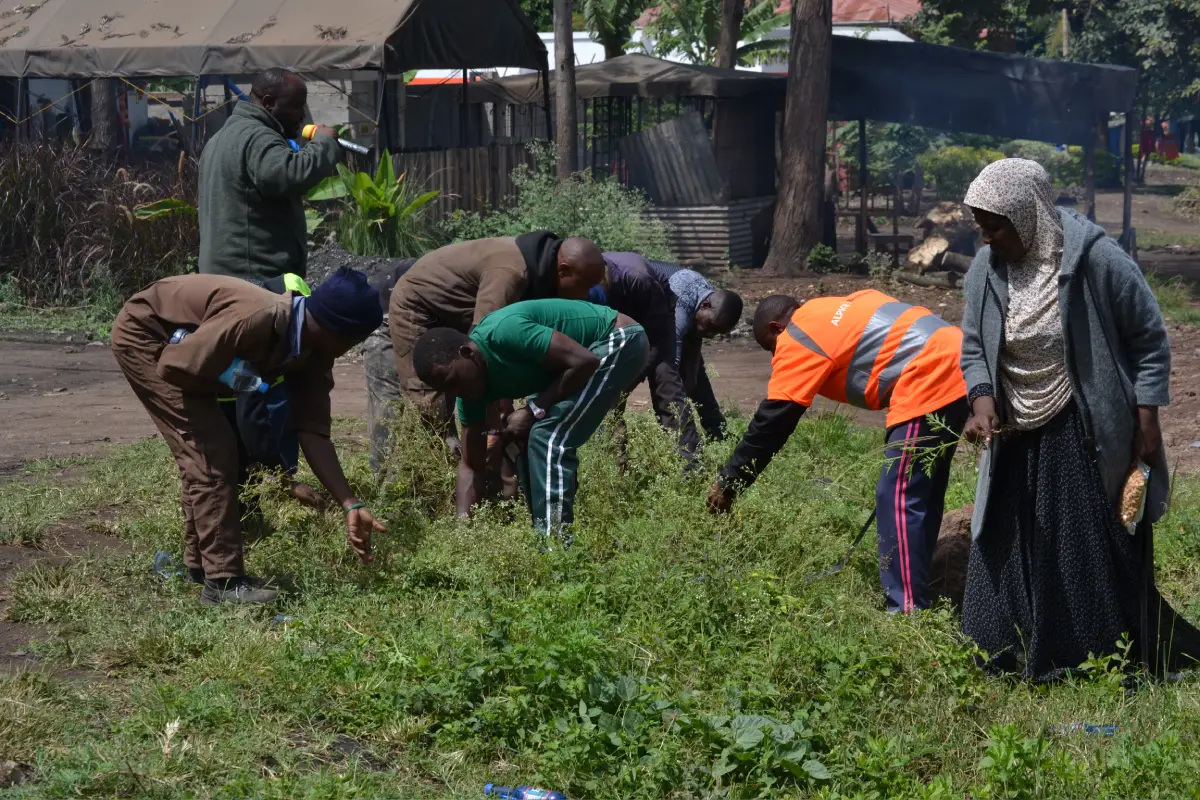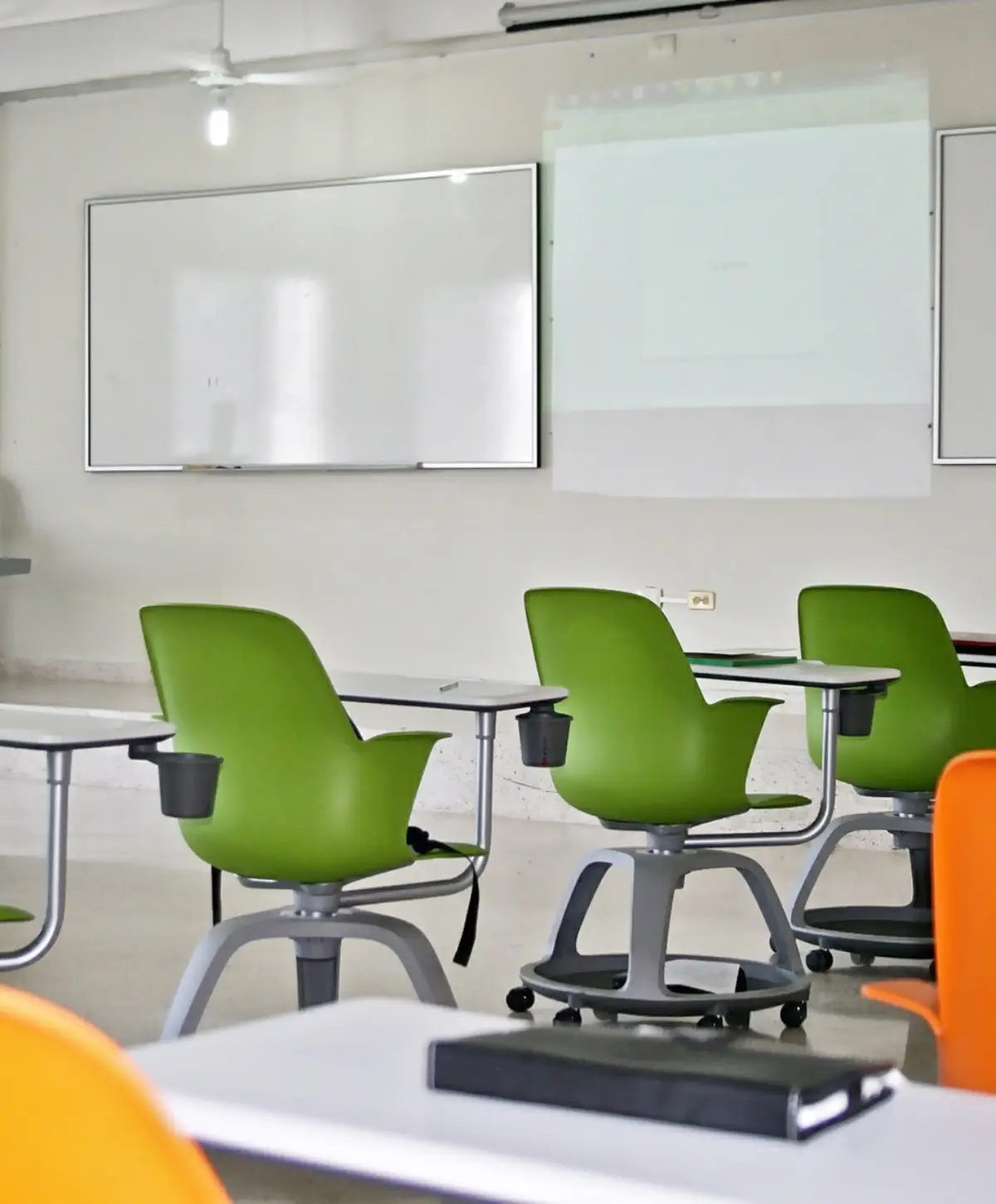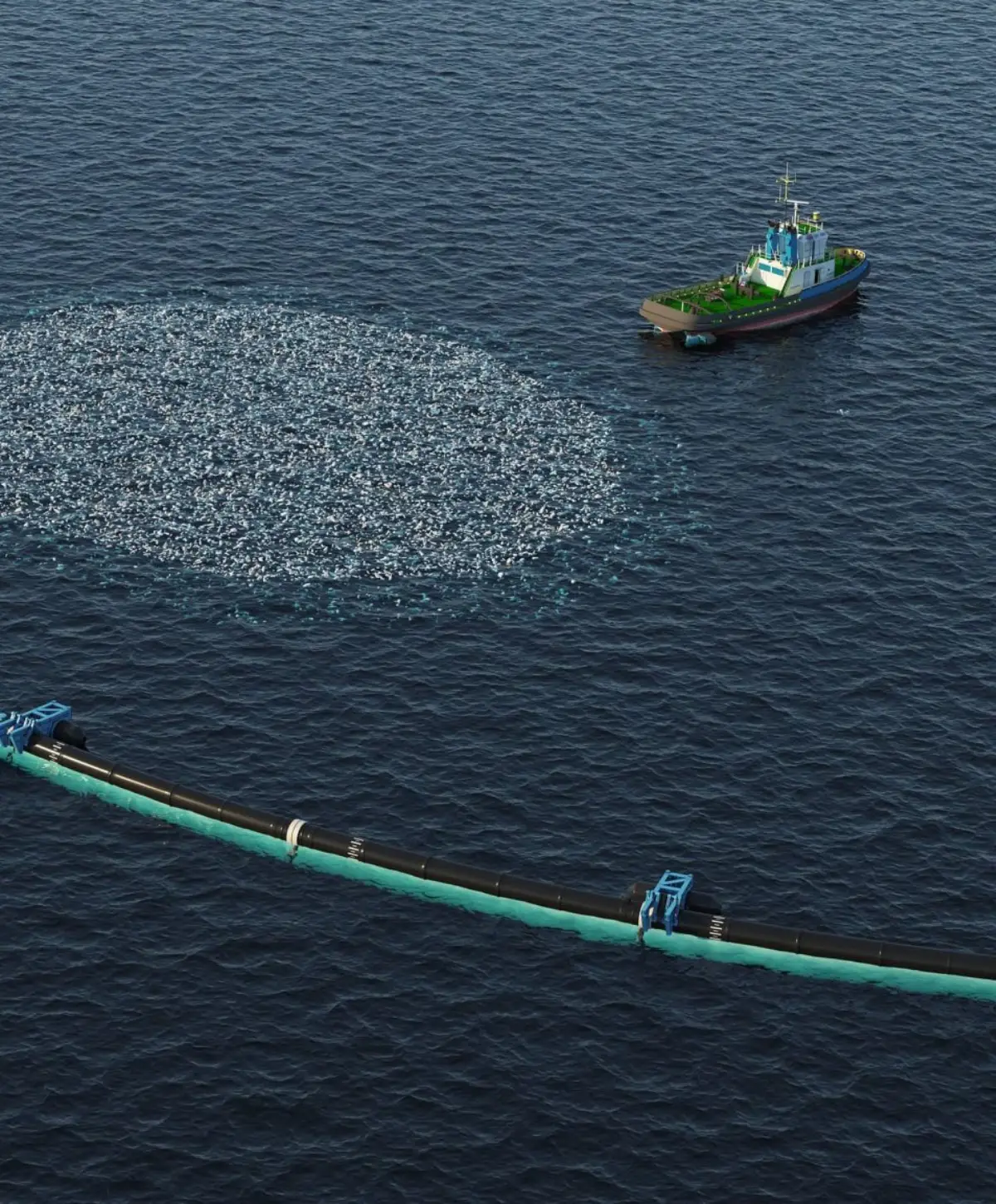
Objectives:
- Preservation: Document traditional ecological knowledge through multimedia archives, interviews, and cultural mapping.
- Education: Develop curriculum resources incorporating Indigenous practices in biodiversity conservation, land stewardship, and climate resilience.
- Engagement: Host community forums, school workshops, and storytelling circles that connect Indigenous elders, youth, and the public.
- Advocacy: Promote policy dialogue that uplifts Indigenous-led conservation methods and land rights.
Project Activities:
Phase 1: Research & Documentation (Months 1–3)Conduct field visits to Indigenous communities
- Record oral histories and environmental practices
- Develop an online digital knowledge archive
Phase 2: Community Engagement & Workshops (Months 4–6)
- Organize 6 regional workshops with elders, youth, and conservationists
- Facilitate storytelling sessions and participatory mapping
- Launch social media campaign: #NatureKnowsBest
Phase 3: Educational Resource Development (Months 7–9)
- Co-create learning modules for schools (print + digital)
- Train teachers and community leaders in using materials
Phase 4: Advocacy & Showcase (Months 10–12)
- Host a public Indigenous Knowledge & Environment Summit
- Launch a documentary short film
- Present policy recommendations to local governments
Expected Outcomes:
- 200+ Indigenous environmental practices documented
- 1000+ community members engaged through workshops and media
- Curriculum integrated into 20+ schools
- 1 Digital Archive, 1 Short Documentary, and 1 Policy Report launched
- Strengthened recognition of Indigenous stewardship in national environmental discourse
Target Audience:
- Indigenous communities and youth
- Educators and school administrators
- Environmental NGOs and conservation agencies
- Policymakers and government institutions
- General public and media
Project Partners (Potential/Example):
- Local Indigenous councils and elders
- Environmental NGOs (e.g., WWF, IUCN)
- Universities and research institutes
- Ministry of Environment / Education
Proposed Budget (Estimated - 12 Months)
| Category | Details | Cost (USD) |
|---|---|---|
| Personnel | Project Manager, Researchers, Facilitators | $38,000 |
| Travel & Fieldwork | Community visits, transport, per diem | $12,000 |
| Workshops & Forums | Venue, materials, refreshments, honoraria | $15,000 |
| Educational Materials | Curriculum design, printing, translations | $7,500 |
| Media Production | Documentary, photography, digital archive | $14,000 |
| Technology & Equipment | Cameras, audio recorders, laptops | $6,000 |
| Marketing & Outreach | Website, social media, design, branding | $4,000 |
| Monitoring & Evaluation | Surveys, reports, impact analysis | $3,500 |
| Miscellaneous/Contingency (10%) | Unforeseen costs | $10,000 |
Total Estimated Budget: $110,000
Sustainability Plan:
- Train local youth as community knowledge custodians
- Collaborate with schools for long-term use of educational content
- Establish permanent digital repository accessible to all
- Advocate for integration of IEK in regional environmental policy frameworks


Closing Line:
When it comes to healing the Earth, sometimes the oldest wisdom offers the newest hope. “Nature Knows Best” aims to honor and amplify Indigenous knowledge as a blueprint for a more sustainable future.